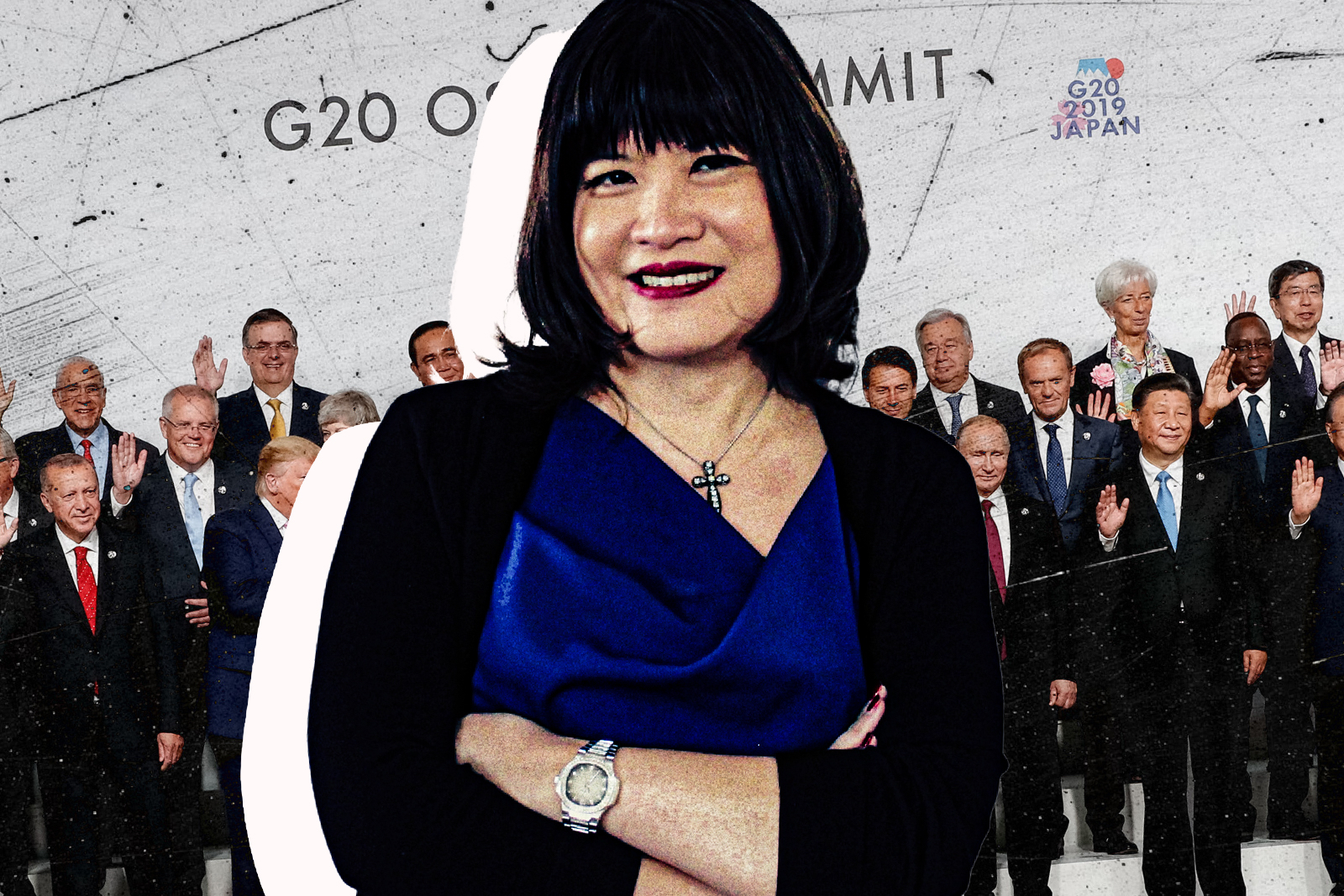
The G20 Summit is About to Kick Off in Indonesia
The G20 was established in 1999 to allow the world’s most developed nations to discuss policies and to minimize any risk to international financial stability. The world had recognized even before the First World War that each national economy has an impact on other countries. It took another ninety years to bring the most powerful industrial governments together under one forum.
This year’s G20 summit will probably be the most challenging ever. The pandemic impacted every nation in the world; Russia’s invasion of Ukraine has resulted in Asian, European, and North American countries taking sides; and East Asian military concerns are creating tensions extending far beyond the region. Add to that, Saudi Arabia led OPEC in limiting petroleum exports to the global market. Although loose-knit, the BRICS, comprising Brazil, Russia, India, China, and South Africa, is continuing to challenge Western economic dominance.
With all these international factors at play, it is Indonesia’s turn to bring together the twenty most developed countries in the world, all of which are part of the aforementioned problems. Although not a member of the G20, Ukraine has been invited to participate.
The intent and goals of these summits are to identify ways of mutual development and sustainability while allowing for adaptability to changing environments. Although not stated, it is very much an intent of the summits to once a year bring together the twenty most powerful heads of state where they can directly communicate with one other. It’s for that reason that Russian President Vladimir Putin has decided to stay home this year. The government of Indonesia has its work cut out for this summit.
As the host nation, Indonesia has selected three subjects for review: energy transition, global health architecture, and the digital economy. The success of every G20 annual summit is dependent upon the work completed by the task forces assigned to do the preparatory work. The government of Indonesia has appointed seven action councils composed of representatives of every G20 nation that meet prior to the summits to develop proposals and non-binding recommendations to the respective governments.
Among these, is the Business of 20 (B20) which was first initiated in 2010 and has served every summit since to channel the voice and aspirations of the global business community to G20 leaders. Organized this year by the Indonesian Chamber of Commerce and Industry, at the behest of the government of Indonesia, the B20 brings together global business and industrial leaders to address pressing economic issues from each of their perspectives. The voices of global businesses are called upon to facilitate the pathway to sustainable growth for the future.
The government of Indonesia selected the right person to serve as the head of the B20. Educated at Barnard College of Columbia University and Harvard Business School, Shinta Kamdani is the CEO of the Indonesian-based consumer products and energy company Sinesa Group. Several generations of successful business leaders run through her family, and she took leadership of a well-established family business and made it stronger.
Formally, the B20 will meet in Bali on November 13th and 14th. The team members are not waiting until they meet to figure out what they wish to accomplish. Coordination has already started on finding consensus and commonality on priority causes to afford the G20 the option of moving forward on a united front. They are focused on actionable policy recommendations to G20 leaders on economic policies, investment, trade, and more.
Last week, in an interview, Shinta Kamdani identified three themes as the B20 moves forward: prioritizing innovation to unlock post-crisis growth; empowering subject matter experts and vulnerable groups; and, supporting increasing collaboration within developing countries’ businesses.
The B20 recognizes that the post-COVID world has developed a new normal. By developing and presenting well-thought-out and reasonable economic, investment, and trade recommendations to G20 leaders, the B20 can help the world successfully transition into that new normal.
Upon receiving the results of the B20 teamwork, it would serve the heads of state within the G20 to apply the same open-mindedness and become part of the solution and not continue to be the primary source of the problem.
